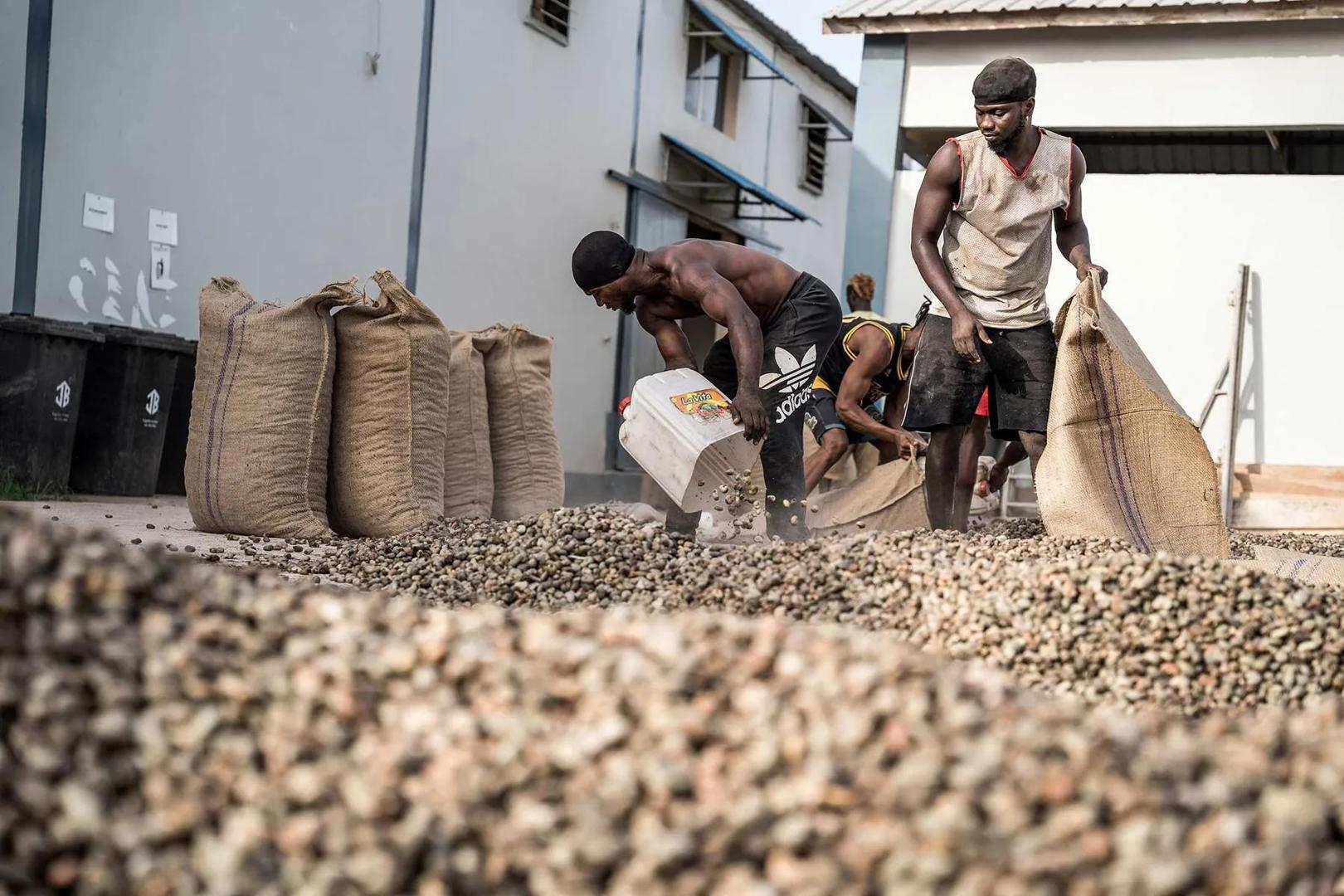By Candido Mendes
Africa-Press – Gambia. Growing Appetite
China’s quest to feed itself is taking it to more and more places. The latest target is crops and staples from Angola, where three of its companies signed farm deals in the space of just two months.
In July, a Chinese group committed to invest $250 million to develop soybean and corn farms. Not long after, Sinohydro Group struck an agreement to put more than $100 million into new sources of grain imports. And in September, a unit of infrastructure company China Railway 20th Bureau Group did a deal to develop grain farms and export channels for things like soybeans and rice.
China has been tapping grain giants like Brazil and Argentina for sizable volumes of soybeans as it shuns American farmers. Angola, which for decades prioritized its oil industry, is a less obvious source. But it’s still a niche agricultural producer with abundant land, and an apt example of China’s broader push into the continent as the Asian nation diversifies away from politically risky agricultural imports.
China Halts US Soybean Purchases
Asian nation has yet to buy a single cargo from the new harvestExamples of China’s widening appetite are piling up, as we report with Monique Vanek in this week’s story. Ethiopian soybean meal, a protein-rich byproduct of crushed beans mainly used to feed poultry and pigs, just got its first go-ahead to enter the Chinese market. Last month, Beijing approved imports of blueberries from Zimbabwe. In June, it had given the green light to Gambian groundnuts and cashews. Pineapple farming in Uganda is benefiting, too.
Typically a supplier of metals, minerals and fuel to China, Africa has grown in importance as a source of agrifood ingredients and diversifying from more established trades like sesame seeds and cashews.
In the past years, China has opened up to South African and Zimbabwean avocados, Tanzanian honey and Madagascan mutton. You can read more about how Africa fits into China’s push in this analysis published ahead of Donald Trump’s inauguration as the US president.
African Farmers Cash in on ‘Green Gold’
Chinese demand for health foods like nuts is soaringChina is not the only country taking an interest in tapping Africa’s potential. Qatar, the United Arab Emirates and other Gulf states have also been investing heavily in farming and related infrastructure. They see the continent as a vital hedge against the climate volatility and resource scarcity threatening their own food production. Read more below.
Trump’s Global Trade Chaos Creates an Opportunity for African Farmers
The continent is positioning itself as a pivotal player in the future of global agriculture, and investors are taking notice.Catch up on the US-China trade standoff:
Here’s an explainer on why China is refusing to buy US soybeans and what it means for American farmers. Experts are warning of an inevitable storage crunch.
Trump predicted China would resume purchases after meeting President Xi Jinping, though a cabinet official said federal relief for beleaguered farmers will have to wait until the government reopens.
The US government’s potential bailout to farmers is a temporary patch and does not address the long-term shifts in trade patterns caused by the trade war, Bloomberg Opinion’s Patricia Lopez argues.
China will start levying special fees on American ships docking at its ports, in retaliation to a US plan to charge port fees on Chinese ships.
The top-selling chicken breed worldwide, common to the point of ubiquity. The problem is that even though it’s helped make poultry meat affordable, it’s brought a host of animal welfare concerns.Key Reads
Asia’s benchmark rice price fell to its lowest level in a decade, signaling cheaper food bills for households and import-dependent nations.
The sinking of the Gulf Livestock 1 was an existential moment for farm animal exporters. Some of those lessons are being forgotten.
Nestlé has left the Dairy Methane Action Alliance, an effort to reduce greenhouse gas emissions from cattle. A Brazilian state in the Amazon revoked a fine against meat giant JBS tied to buying cattle in the Amazon.
PepsiCo is revamping its Lay’s potato chip brand, moving to only natural colors and flavors. Separately, it’s working to cut costs as it engages with an activist investor.
Here is how Din Tai Fung, the dumpling restaurant started in Taiwan half a century ago, became America’s top-earning restaurant chain.
This South Korean company’s ridiculously spicy instant noodles have been around for more than a decade, but the growth just keeps on coming, thanks to their repeated online fame.
Digging Deeper
Many More Countries Hit by Surging Food Prices
Proportion of economies with abnormally high food prices by regionThe number of countries facing high food prices rose fivefold over the period dominated by the Covid-19 pandemic, according to a recent UN report. BloombergNEF analysis suggests extreme weather likely played a role.Seen Elsewhere
The European Parliament voted this week to ban vegan foods from using names like “burgers” — it then served them for lunch, Politico reports.
What a US government shutdown means for food, policy journalist Helena Bottemiller Evich writes in her Food Fix newsletter.
From executive producer Gordon Ramsay, Knife Edge: Chasing Michelin Stars premiers on Apple TV+ on Friday, exploring the culinary world’s pursuit of the ultimate accolade.Table Talk
“We’ve seen some interventions, but they’ve been, more or less, window dressing around food dyes and introducing new product lines with cane sugar in addition to existing product lines with high-fructose corn syrup. I don’t think those are going to make meaningful changes to our food environment.”
Kevin Hall
Former official at the National Institutes of Health
His 2019 study showed that consuming ultraprocessed foods led to weight gain compared with unprocessed foods, even when calories and macronutrients were the same. His new book, Food Intelligence, discusses decades of research on diet and health, and proposes policy interventions.
BLOOMBERG
For More News And Analysis About Gambia Follow Africa-Press






